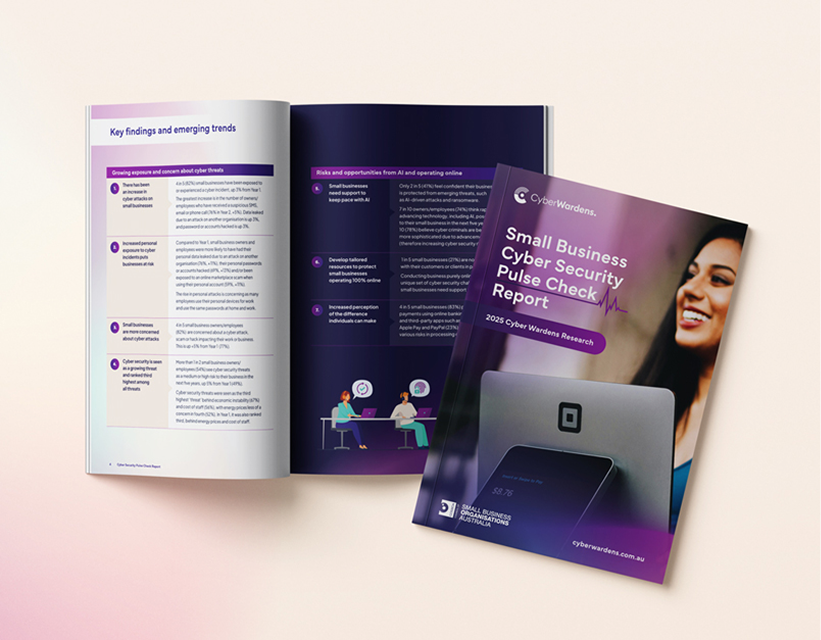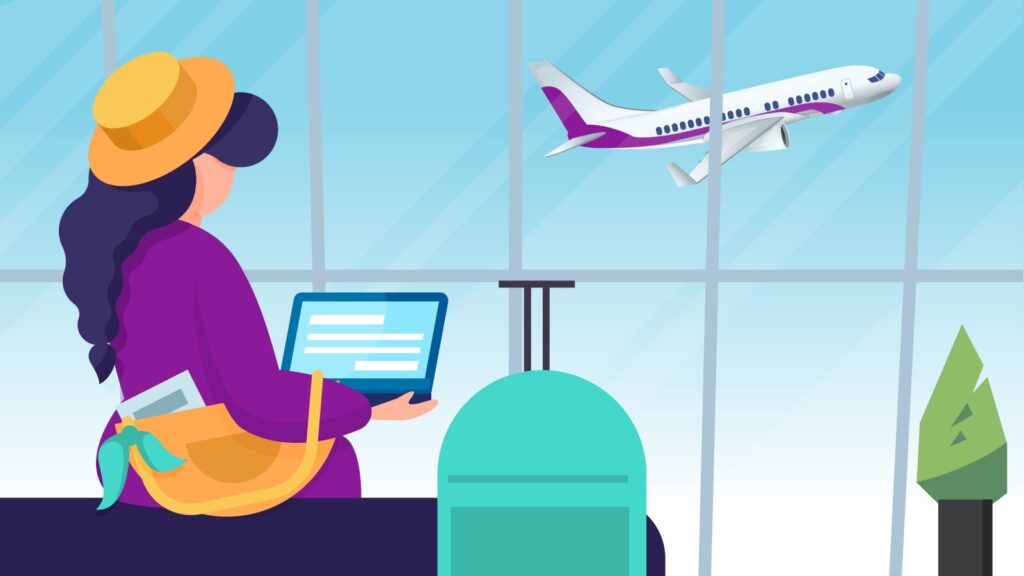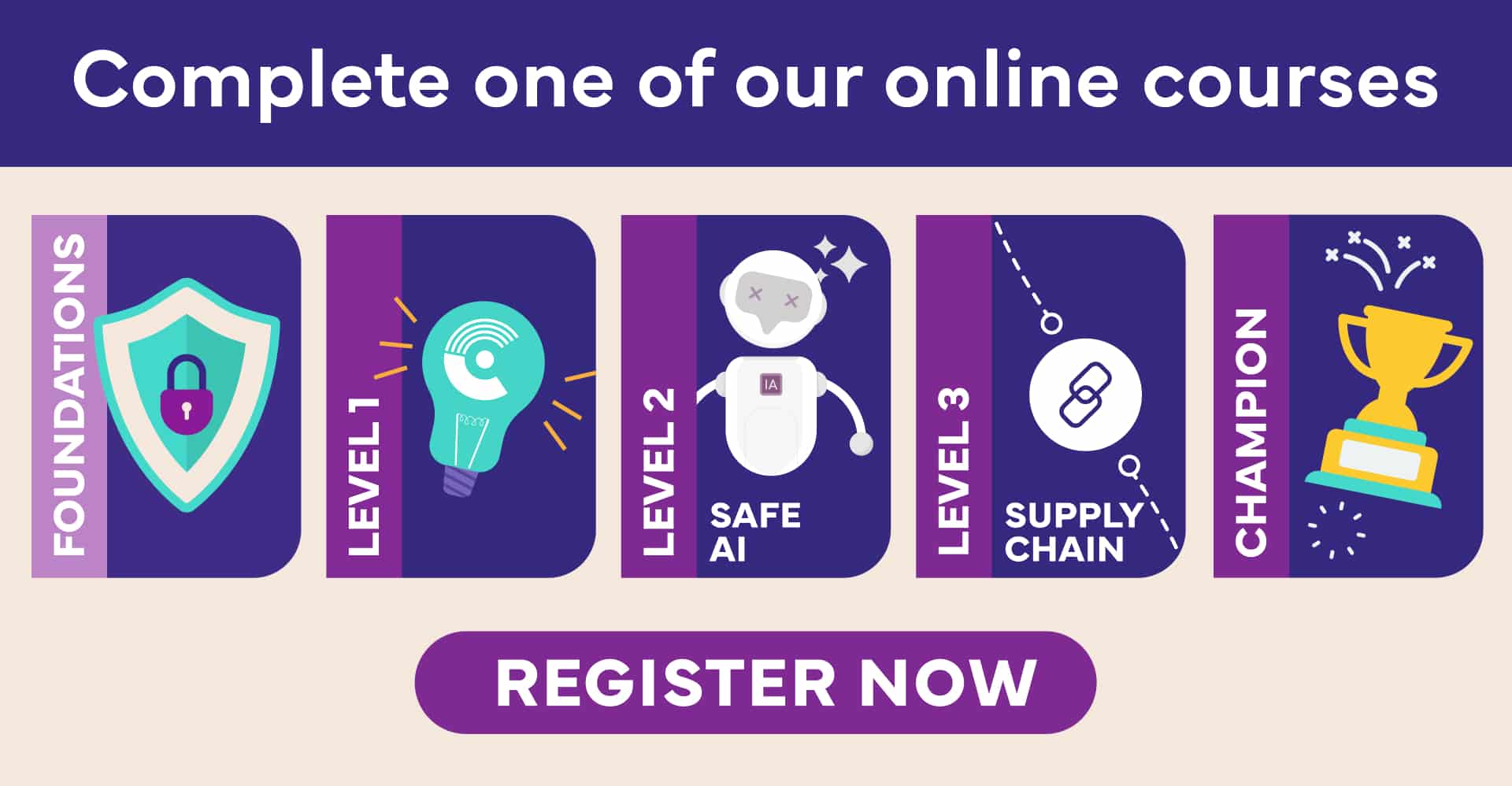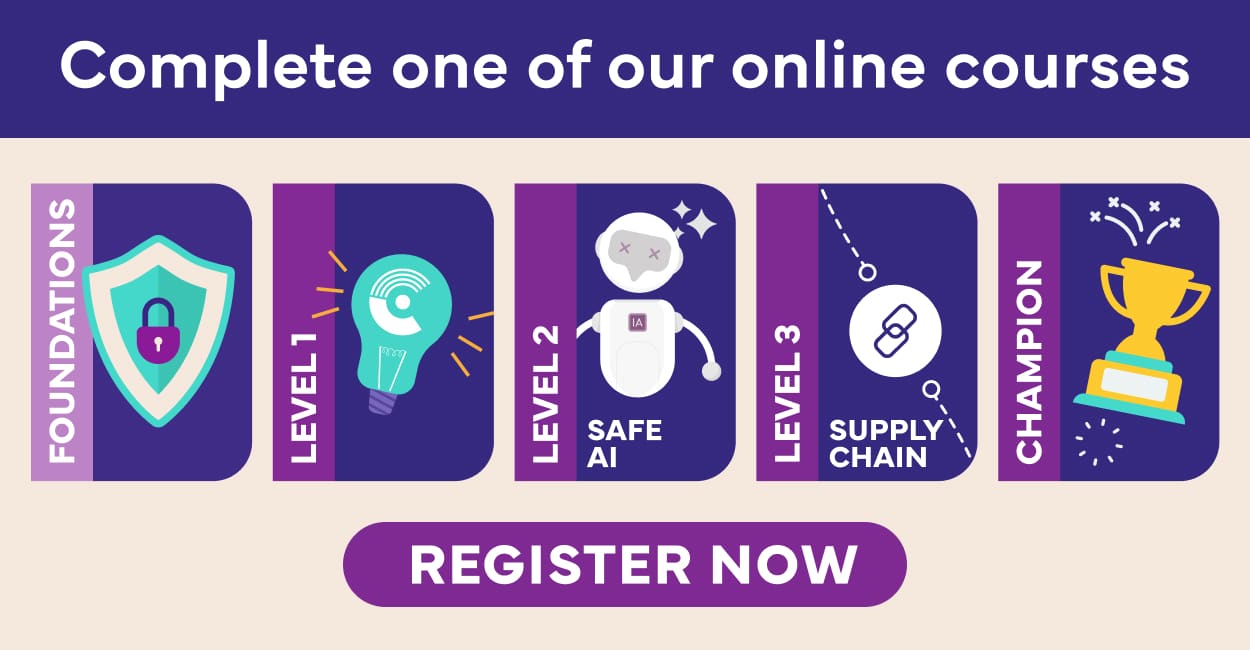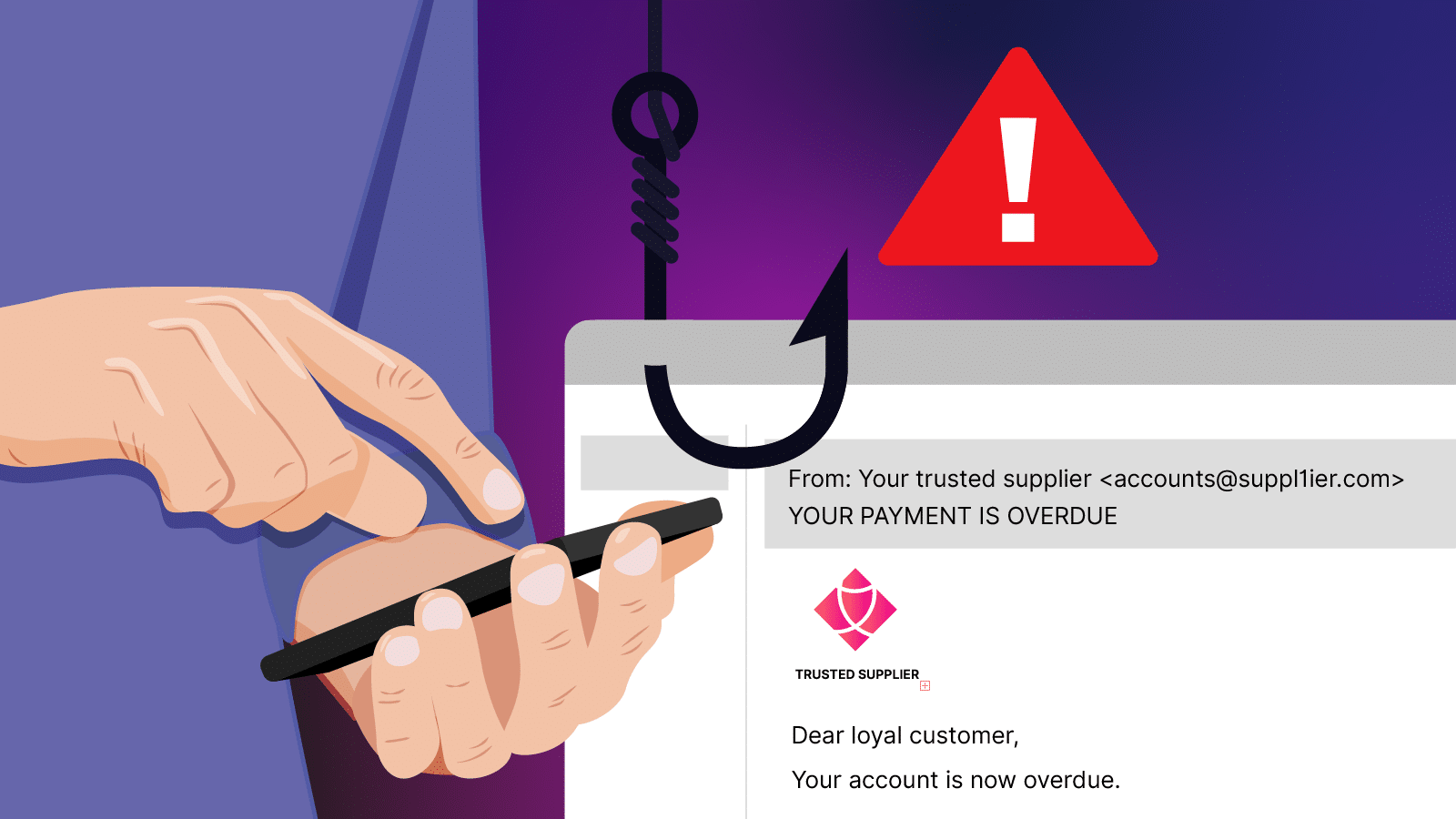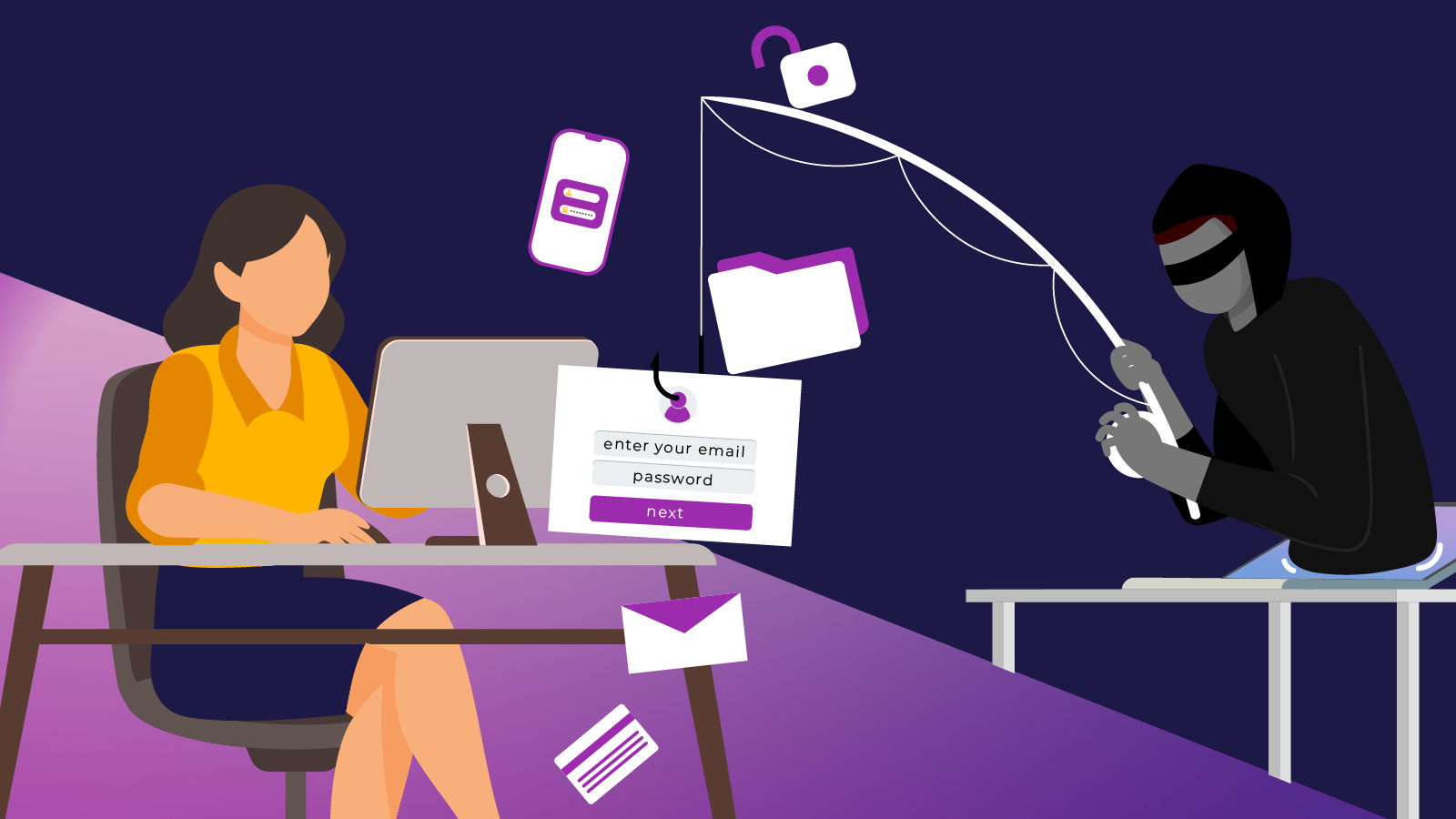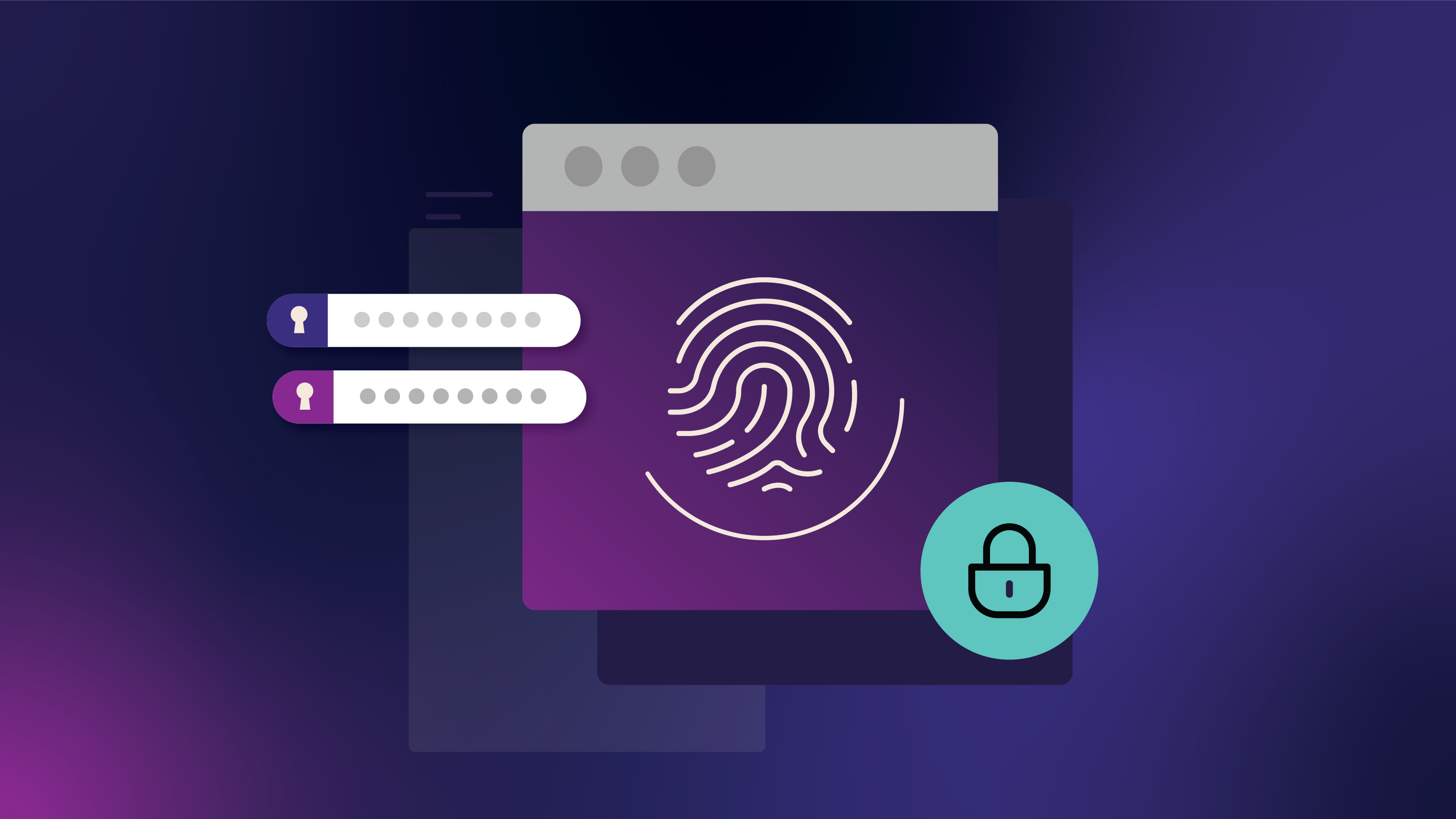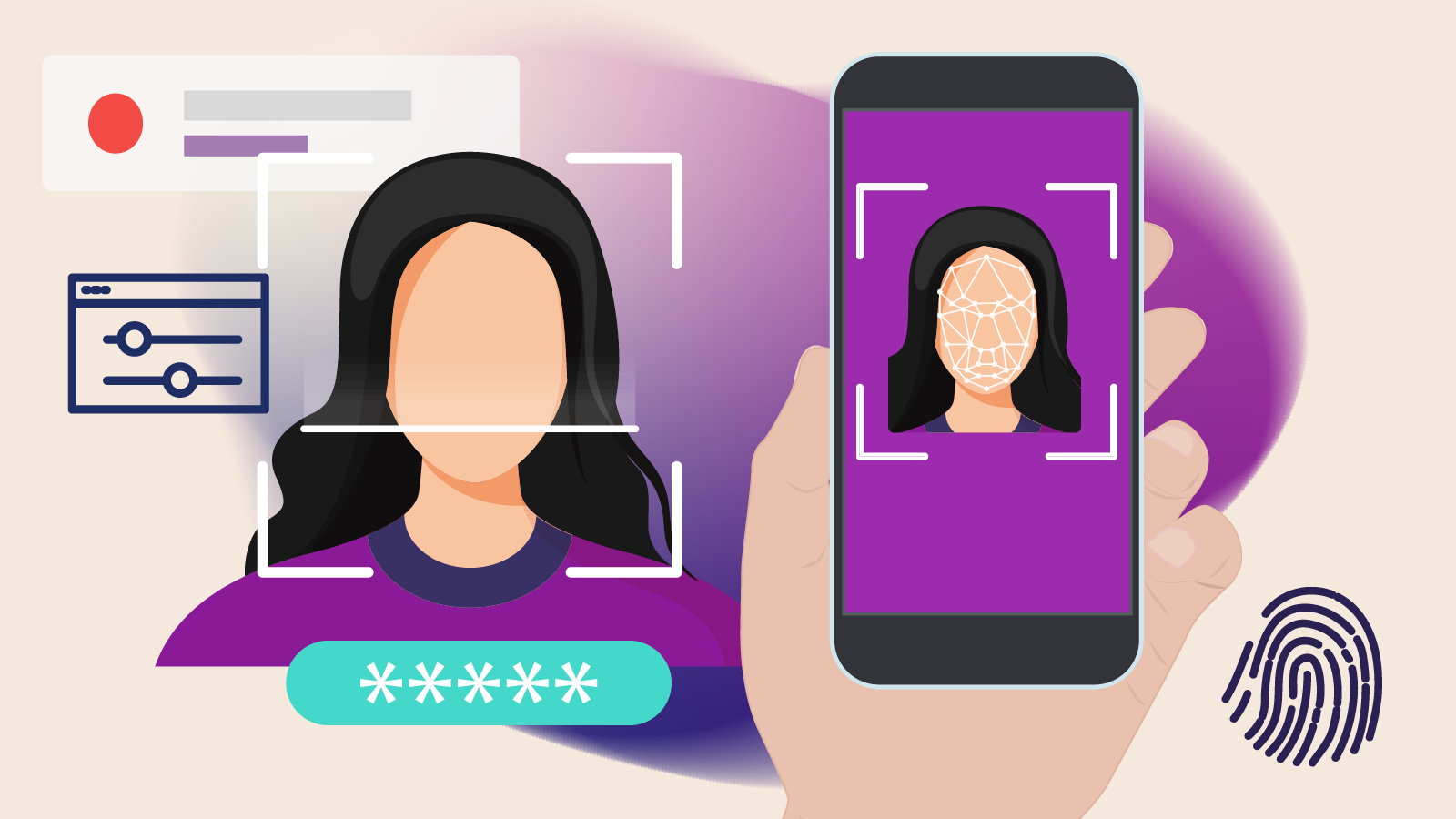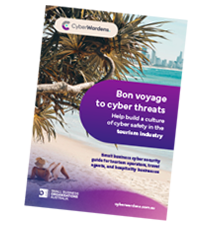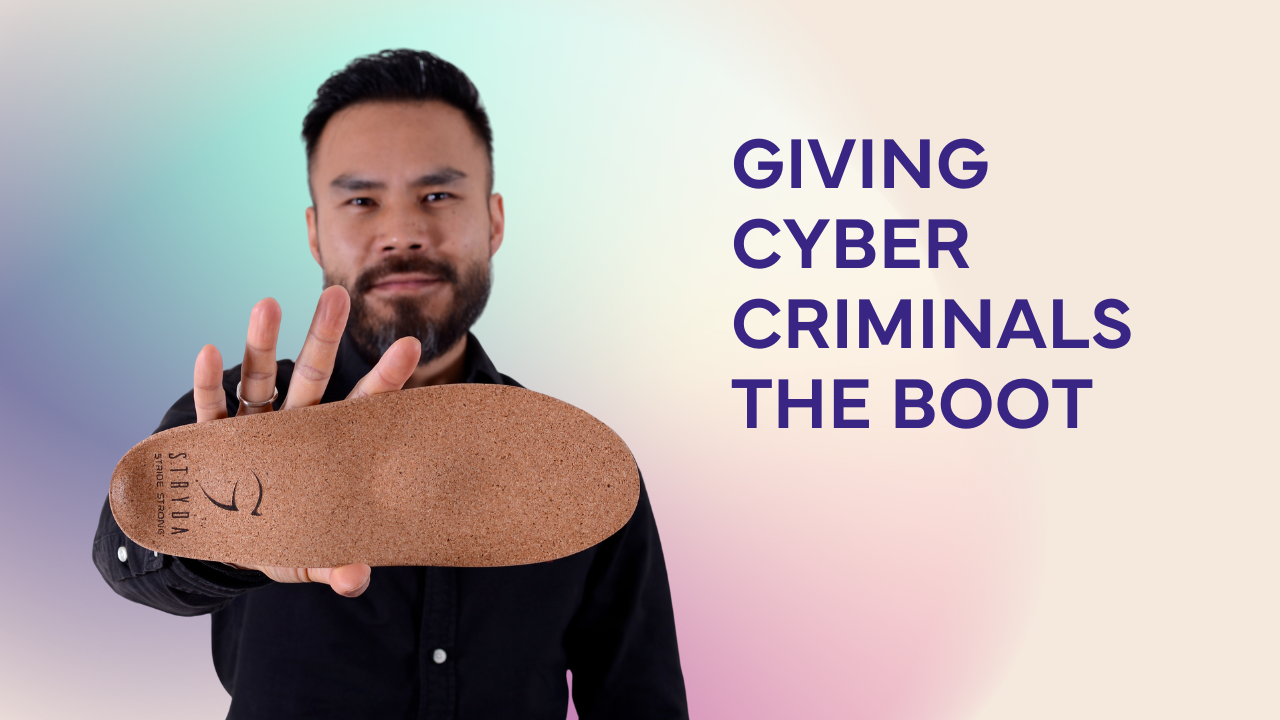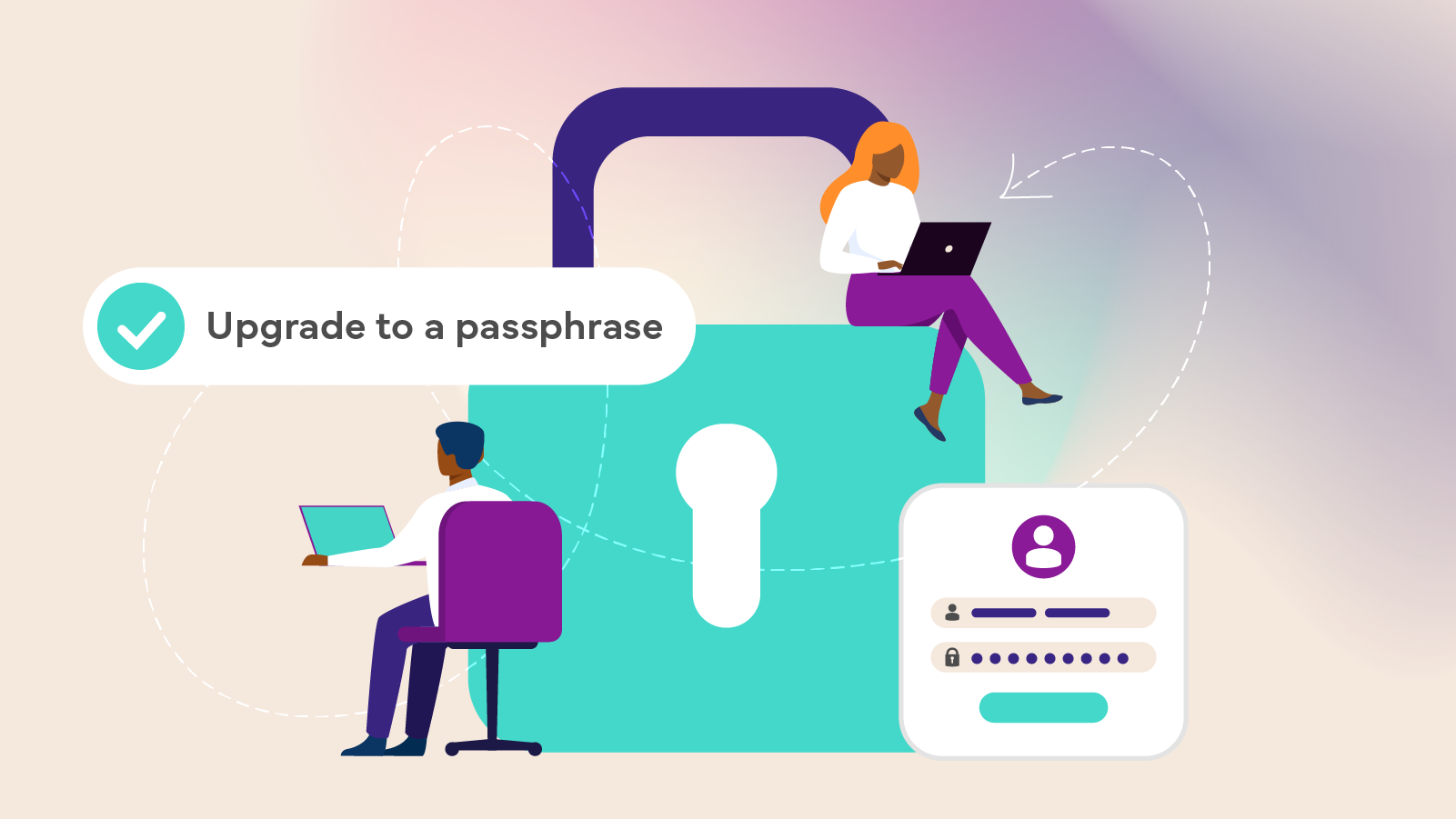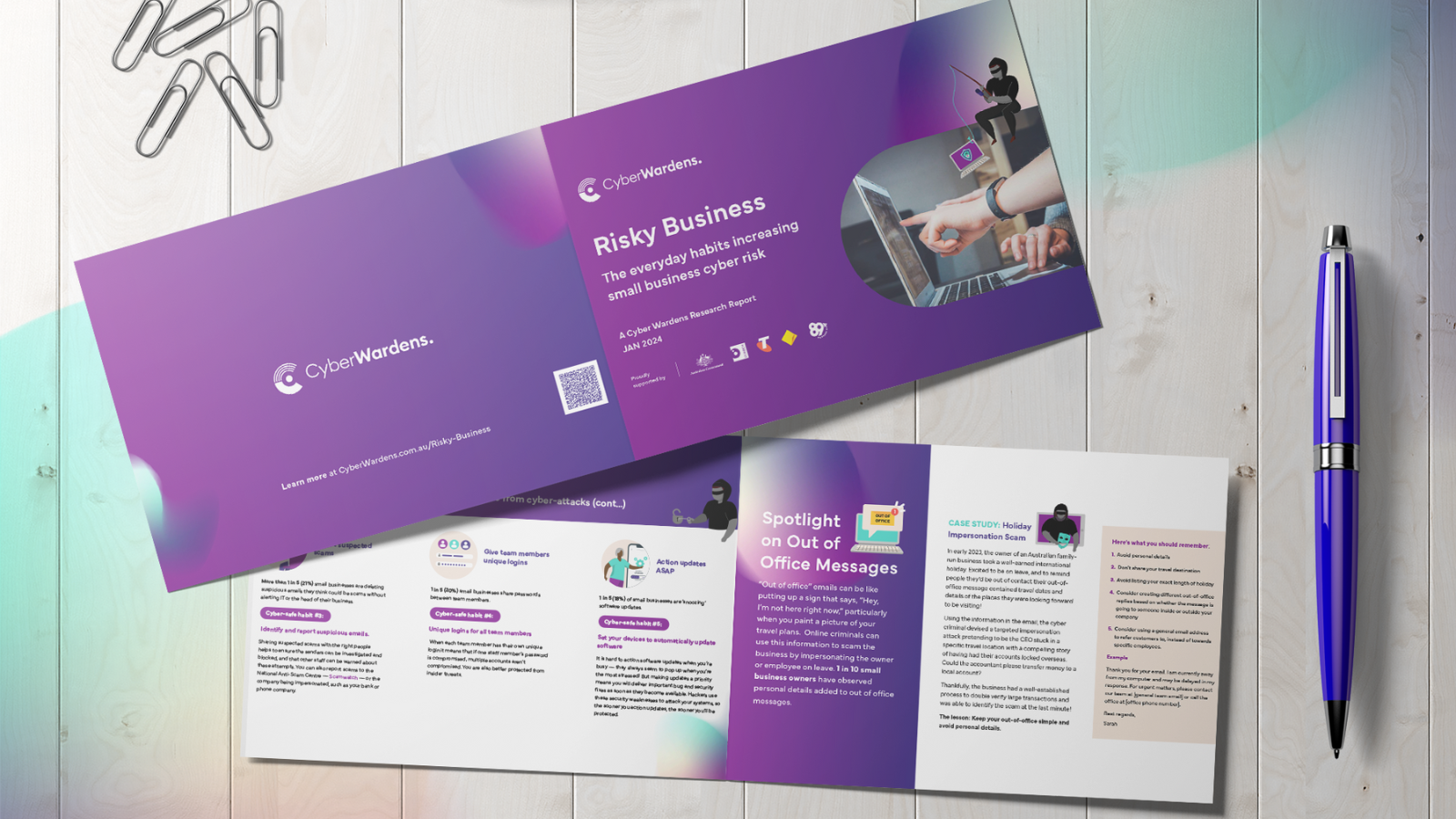In the tourism industry, every transaction—from initial booking to final departure—creates opportunities for seamless customer experiences. Unfortunately, it also opens doors for cyber criminals to exploit vulnerabilities.
For small tourism businesses, protecting your business and your customers’ sensitive information is more important than ever. Here are some essential cyber security tips to keep your digital doors locked at every stage.
1. Safeguard the booking process
The booking stage is where customers entrust your business with personal and financial data, so protecting this information is critical.
- Secure your website: Ensure your booking platform uses encryption to keep customer data safe during transactions.
- Verify customer details: Double-check high-value bookings or unusual requests to avoid falling victim to scams.
- Watch out for phishing attempts: Train staff to recognise fraudulent booking enquiries that may attempt to steal sensitive information.
2. Protect payment transactions
Financial transactions are prime targets for cyber criminals. From fake invoices to payment redirection scams, vigilance is key.
- Use secure payment gateways: Work with reputable providers to protect customer payment data.
- Double-check invoices: Always confirm the authenticity of invoices, especially for large or unexpected payments. Fake invoice scams, a type of business email compromise (BEC), can lead to significant financial loss.
- Enable multi-factor authentication (MFA): Add an extra layer of security for online payment accounts and internal systems.
3. Keep communication channels secure
Your business communicates with customers at every stage of their journey, but inbox vulnerabilities can make you a target.

- Prevent inbox break-ins: Use strong passwords and MFA for email accounts to prevent unauthorised access. Once inside, hackers could exploit sensitive information or launch further attacks.
- Verify emails and links: Teach your team to double-check sender details and avoid clicking on suspicious links, especially in customer enquiries.
4. Secure on-site technology
From guest Wi-Fi networks to front-desk systems, your on-site technology must be secure.
- Lock down Wi-Fi access: Use strong passwords for staff networks and separate guest Wi-Fi from internal systems. Fake ‘evil twin’ networks can target unsecured connections, putting your business and customers at risk.
- Update your software: Regularly update systems to fix vulnerabilities and prevent malware attacks.
5. Educate your team and customers
Cyber security is a team effort—and it extends to your customers.
- Train your team: Enrol your staff in free programs like the Cyber Wardens training to help them identify and respond to potential threats.
- Raise customer awareness: Remind travellers to use secure networks, verify communications, and avoid sharing sensitive information unnecessarily.
Stay cyber-safe, from booking to departure
Taking proactive steps to secure your business at every stage of the customer journey protects your reputation, revenue, and customers’ trust. By securing bookings, transactions, communication channels, and on-site technology, you can shut out cyber criminals before they have a chance to strike.
